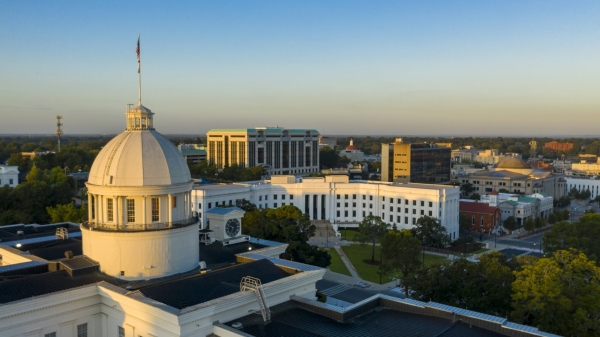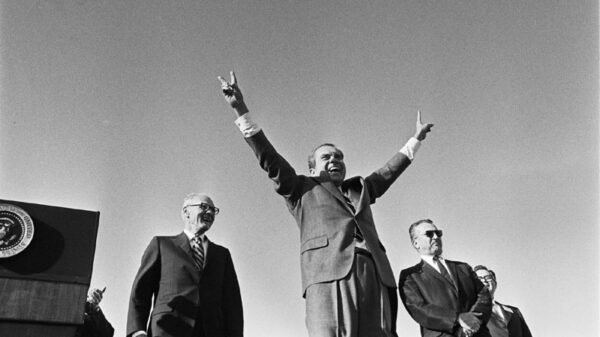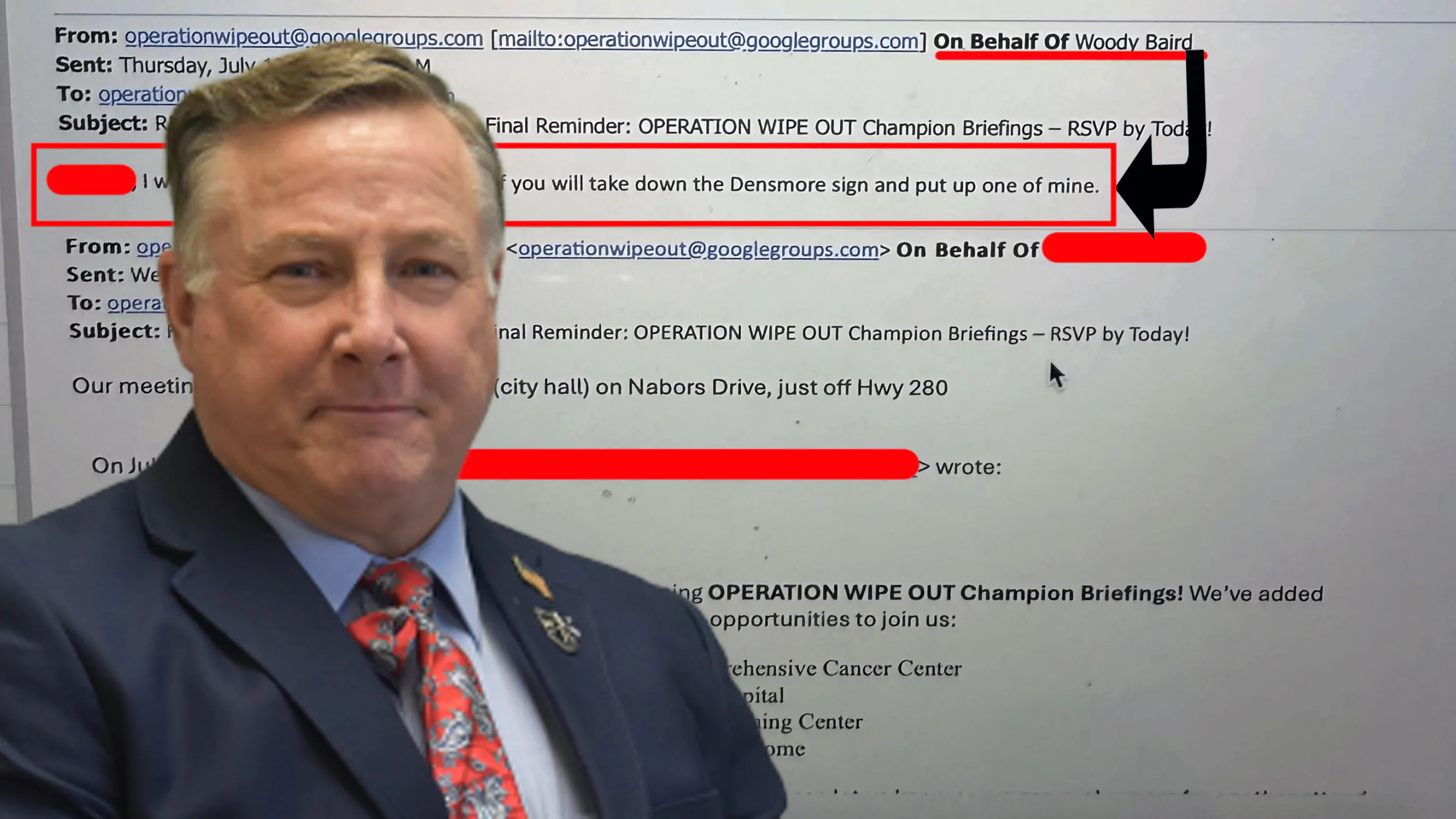An email obtained by APR appears to show Alexander City Mayor Woody Baird offering to help pay for catering at a public cancer awareness event—on the condition that the recipient remove a campaign yard sign for one of Baird’s opponents and replace it with one of his own.
The sign in question supports Mike Densmore, a local pastor and former Goodyear executive challenging Baird in the August 26 municipal election. Densmore is one of two candidates running against the incumbent, alongside Audrey Colvin.
“I will split the catering for lunch with you if you will take down the Densmore sign and put up one of mine,” Baird wrote in a July 10 message, sent via a Google Group associated with the “Operation Wipe Out” campaign—a statewide initiative focused on eliminating cervical cancer.
The exchange centers around an upcoming “Champion Briefing” scheduled for August 13 in Alexander City. The event is part of a broader campaign backed by the Alabama Department of Public Health, the O’Neal Comprehensive Cancer Center at UAB and a range of community partners. Its stated goal is to educate local leaders and residents about the prevention of HPV-related cancers—not to serve as a platform for political influence.
While Baird’s message does not explicitly mention the event in the sentence about yard signs, it was sent in direct response to a logistical email thread regarding catering for the Champion Briefing.
The recipient of Baird’s message was not identified, but the implication was unmistakable: financial support for a public health event appeared to be conditioned on a show of political loyalty.
Though the exchange may not rise to the level of a criminal violation, it could expose Baird to a formal ethics complaint under Alabama law.
Under Ala. Code § 36-25-7, it is unlawful for a public official to offer or provide anything of value “for the purpose of corruptly influencing official action.” Additionally, § 36-25-12 bars public officials from offering anything of value in exchange for political or official influence—such as the removal of a sign supporting a rival candidate.
Legal experts note that these provisions are designed to prevent quid pro quo arrangements in which public officials use financial leverage—through contracts, contributions, or even event support—to reward political allies or punish opponents.
“This kind of conduct—if proven—blurs the line between civic service and personal political gain,” said one Montgomery-based attorney familiar with the state’s ethics law who asked not to be named so he could speak freely. “Even if it’s something as seemingly minor as a yard sign, using community events like this as bargaining chips for campaign optics can be problematic—but I wouldn’t claim there’s anything illegal. But it’s interesting.”
The email exchange is part of a broader planning effort for the Operation Wipe Out Champion Briefing, which seeks to bring together local stakeholders to advocate for cervical cancer prevention through HPV vaccination and regular screening. The initiative is nonpartisan and focused on reaching underserved populations.
When financial support for such public health efforts becomes tied to political demands, it risks discouraging community participation and casting doubt on the integrity of the campaign itself.
APR reached out to Mayor Baird, but he has not responded to our request for comment.
Baird, a former nurse and U.S. Army Special Forces veteran, has served as mayor since 2020. He has pointed to his record of bringing jobs and investment to Alexander City. But the July 10 email may raise concerns among voters about the intersection of public service and political self-interest.
If a formal ethics complaint is filed, it will be up to the Alabama Ethics Commission to determine whether Baird’s offer crossed a legal line—or simply reflects the kind of behind-the-scenes political pressure that has long been part of Alabama politics.

















































